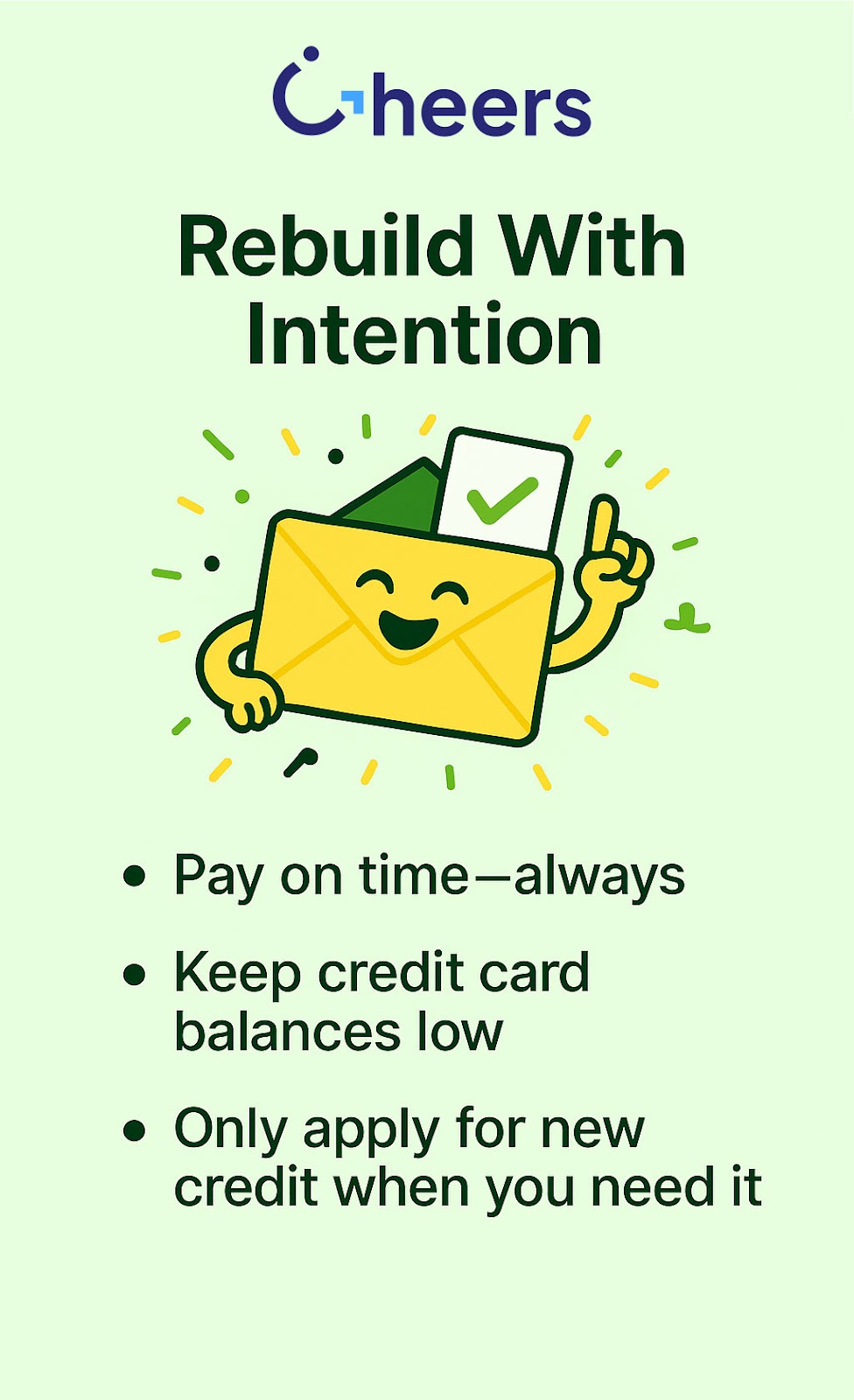Author: Vince Adriatico (Ex-banker with 750+ Credit Score)
Date: 5/29/2025
Table of Contents
- Know What You're Dealing With
- Understand Your Legal Protections
- Timing Matters: Check the Statute of Limitations
- Pick a Payment Strategy That Works for You
- Talk to the Collector (On Your Terms)
- Keep Receipts. Always.
- Check Your Credit Report After Payment
- Rebuild With Intention
- How to Pay Off Collections: You Don't Have to Feel Stuck
When bills go unpaid, and debts hit collections, it can feel like you're stuck at the bottom of a financial hole. The calls, the letters, and the negative marks on your credit report don't make it any easier. But there's a straightforward way out. You're not alone in trying to figure it out. Learning how to pay off collections isn't just about clearing balances. It's about protecting your future, improving your credit, and returning to your feet confidently. Let's walk through the steps to help you move forward starting today.
Know What You're Dealing With
Before anything else, make sure the debt is yours. Collectors are legally required to send a debt validation letter outlining the debt, who it's from, and how much is owed. If something doesn't look right, you can dispute it. Sometimes, old or incorrect debts pop up after being sold and resold. A few minutes to verify the details can save you from paying something you don't owe.
Understand Your Legal Protections
Collectors don't get to treat you however they want. Thanks to the Fair Debt Collection Practices Act (FDCPA), they can't harass, threaten, or lie to you. They also can't call you before 8 a.m. or after 9 p.m. and must stop contacting you if you request it in writing. Knowing your rights makes a huge difference when dealing with collections on your own terms.
Timing Matters: Check the Statute of Limitations
Every state has a time limit for a collector to sue you, typically between three to six years. This is called the statute of limitations. If your debt is past that window, the collector can still try to get you to pay, but they can't take legal action. Be careful: even a small payment could reset the clock. Make sure you know where you stand before agreeing to anything.
Pick a Payment Strategy That Works for You
Once you've confirmed the debt is valid and current, it's time to choose how you want to pay it off:
- Lump Sum: If you've got the cash, you can settle for less than the full balance.
- Installments: Breaking it up into monthly payments can make it more manageable.
- Debt Settlement: Some collectors will agree to a lower total-just know this can impact your credit differently.
No matter your route, get everything in writing before sending money.
Talk to the Collector (On Your Terms)
If you're ready to make a deal, contact the collector. Be honest about what you can pay, and never agree to more than you can afford. Try asking for a "pay for delete"-where the collector decides to remove the account from your credit report once it's paid. They may say no, but some will say yes. You won't know unless you ask.
Keep Receipts. Always.
Don't rely on phone calls or promises when looking at how to pay off collections. Keep records of every payment, every agreement, and every email or letter. These documents can protect you if the collector sells the debt again or claims you didn't pay.
Check Your Credit Report After Payment
Once the debt is paid or settled, check all three of your credit reports. Ensure the account is marked correctly as "paid in full" or "settled." If you negotiated a deletion, confirm that it's gone entirely. If the report doesn't reflect your agreement, file a dispute with the credit bureau and submit your written proof.
Rebuild With Intention
Paying off collections is a big step. Keep that momentum going by focusing on what builds credit:
- Pay on time always.
- Keep credit card balances low.
- Only apply for new credit when you need it.
You can also add a positive history by opening a credit builder loan. Cheers Credit Builder helps you build credit by saving monthly with no hard credit checks or hidden fees. It's credit building on autopilot and available in all 50 states.

How to pay off collections: You don't have to feel stuck.
Understanding how to pay off collections gives you the tools to take control. From verifying the debt to negotiating payment and rebuilding afterward, every step is a chance to shift your financial story in a better direction.
It's not always fast. But it's always possible.











